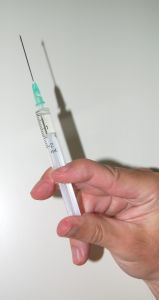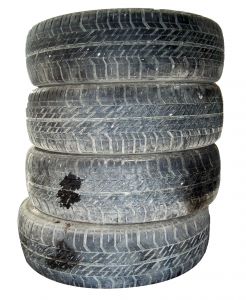More often than not, a Texas personal injury attorney will need to employ an expert in a complex personal injury case, especially those involving complex auto accidents or product liability cases. The United States Supreme Court has decided several landmark decisions that define acceptable experts and their testimony. Those cases include Daubert v. Merrel Dow Pharmaceuticals and Kumho Tire Inc. v. Carmichael . However, the plaintiffs’ bar is discovering that more experts are being disqualified at an alarming rate.
Many times, once the plaintiff’s expert has been disqualified, the defendants will win on summary judgment, because the plaintiff can no longer prove causation. Texas has tightened standards in some cases. For example, some Texas courts have taken the position that a substance alleged to be cancerous, such as benzene, must have evidence indicating a 100% increase in the cancer rate over the general population. In other cases, judges have been known to exclude animal studies of product exposure as being unreliable despite the fact that animal studies are routinely used in Food and Drug Administration (FDA) and Occupational Safety and Health Administration (OSHA) risk assessments.
In the past, courts often looked favorably on the local certified engineer or registered professor to testify on behalf of the injured plaintiff. That is no longer the case. These days, especially in the area of products liability and testimony regarding a defective product, the only acceptable expert will be one who was involved in the design of a similar product.
 San Antonio Injury Attorney Blog
San Antonio Injury Attorney Blog




 Benzene is a colorless, sweet smelling and flammable chemical that was once used as a solvent, but today is primarily found in motor fuels, plastics, rubber, and gasoline. Typically, refinery workers, leather workers, aircraft and auto mechanics, petrochemical workers, and people in industries using solvents and printers are among the classes of workers exposed to the most benzene usually via inhalation or skin exposure.
Benzene is a colorless, sweet smelling and flammable chemical that was once used as a solvent, but today is primarily found in motor fuels, plastics, rubber, and gasoline. Typically, refinery workers, leather workers, aircraft and auto mechanics, petrochemical workers, and people in industries using solvents and printers are among the classes of workers exposed to the most benzene usually via inhalation or skin exposure.